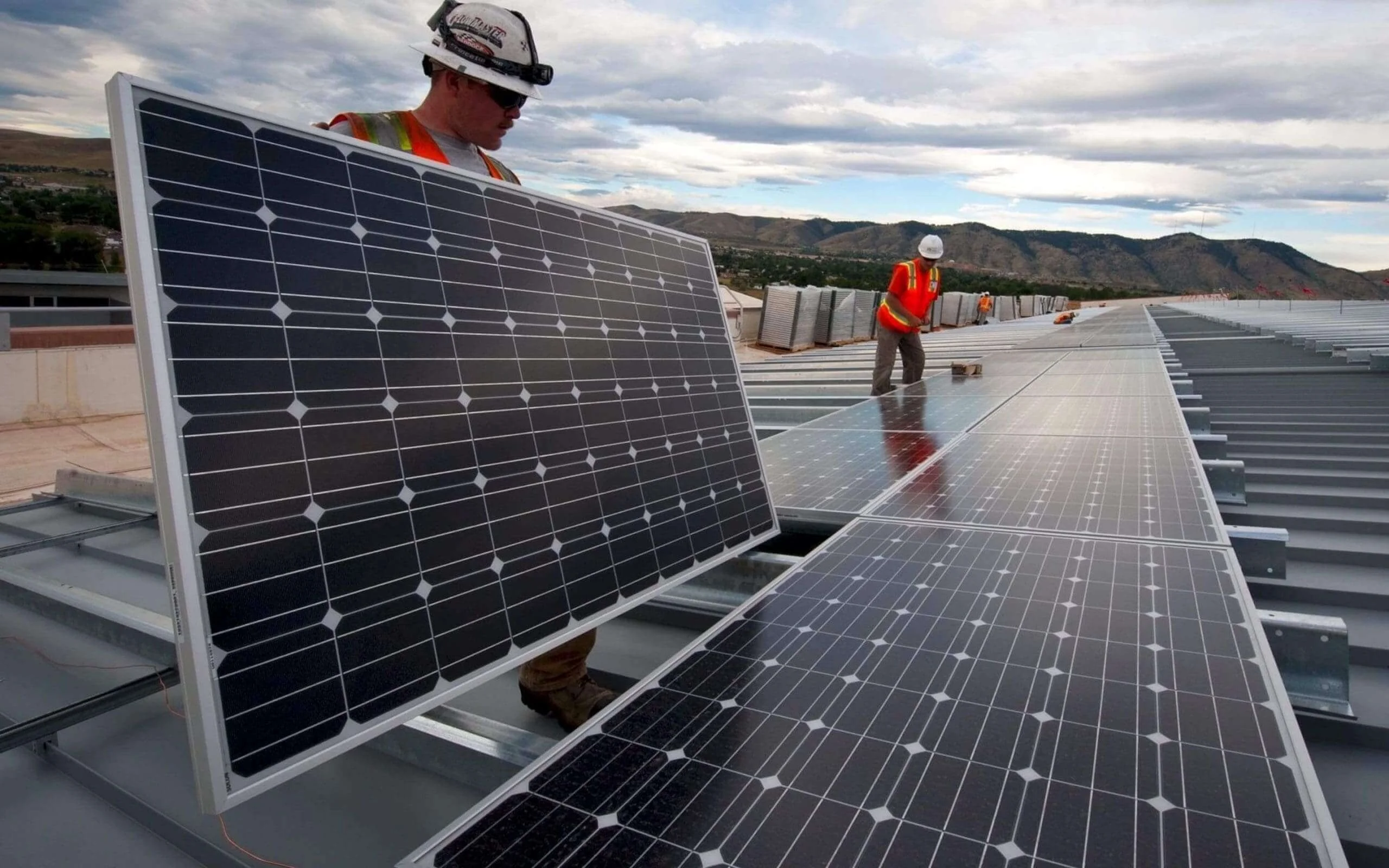Having solar panels installed in your commercial place or home can be one of the best decisions you ever make when taking charge of your energy bills and helping the environment simultaneously. If you live in NSW, there are plenty of options for going solar NSW and having efficient, environmentally-friendly solar panels installed on your home or business to help reduce your electricity bill.
If you want to get a deep and detailed insight into solar NSW, continue reading this blog:
Solar Rebate in NSW
Owners of homes in New South Wales are charged an average electric bill of 30.65 cents/kWh, according to the Australian Energy Market Commission (AEMC), and energy bills go as high as 55 cents/kWh during high-demand hours. But, the cost of energy supply makes solar more desirable, offering more savings opportunities.
The following solar incentives and rebates can be claimed in New South Wales, and more details on the benefits are available below:
- Small-scale Technology Certificates (STCs)
- Feed-in Tariff (FiT)
- Empowering Homes - Solar Battery Loan Program
- Solar For Low-Income Households
NSW is the most populous state in Australia, and it's therefore not unusual that they provide various state-wide solar tax rebates.
Here we'll discuss Feed-in-Tariffs in detail.
Feed-in Tariffs (FiT)
The most straightforward way to define (FiT) is a system of compensation where the electricity provider is paid the price per Kilowatt-hour (kWh) in electricity sold to the grid. In other words, if your system produces more power than you need, you'll be compensated for the extra electricity.
It sounds pretty appealing. In contrast to other energy sources, solar power must be utilized immediately.
Fee-in tariffs reimburse the electricity that is not used up. It is paid as an added credit to your electric bill. Solar feed-in tariffs pay only a few cents per kilowatt hour of electricity generated.
How do I claim the feed-in tariff?
Electricity companies that advertise the lowest solar feed-in prices in NSW usually have strings connected. Certain retailers offer better feed-in rates if you buy equipment from them or provide better rates if you move suppliers.
How does it work?
Photovoltaic cells (PV) and solar panels use the sun's rays to create energy and electricity.
The electricity generated by those conditions will be Direct Current (DC) and is incompatible with any household electrical appliances.
Inverters for solar power are useful in this situation! When you convert the solar power process, the solar inverter transforms the Direct Current (DC) electricity into Alternating Current (AC) that is used to run the appliances in your home.
The electrical power is transferred through the switchboard and to appliances that require electricity. Furthermore, the switchboard directs every watt that is not being used generated through the solar power system to the grid, providing you with an allowance for feed-in in the course of electric bill payment.
The installation of an intelligent (bidirectional) Meter is required to measure energy exported to the grid and consumed by the grid simultaneously.
How to ensure, Solar Panel is generating more energy?
It's all about how you use your energy!
Households that export a significant amount of surplus energy might profit from using solar panels with a higher feed-in rate. If your household relies heavily on the grid for electricity, a lower solar feed-in fee and a higher electricity rate could be a viable alternative.
Avoid stores that provide a very high feed-in rate for solar energy to make a profit.
Be careful when selecting one retailer solely based on their feed-in rate.
For many plans, feed-in rates are correlated with higher electricity purchase prices. Evaluating the overall price of every electricity plan is crucial to making an educated choice.
The benefits of going solar in NSW
Solar panels can help you save money on your energy bills, they're good for the environment, and they can increase the value of your home. Plus, with the current solar rebates available in NSW, there's never been a better time to go solar!
Govt also provides various solar Sydney rebates, so if you're planning to switch towards renewable energy, you'll not be spending; you'll be investing.
If you want to install the solar system in your home or business, you'll need to consider how much sunlight your area receives and what types of solar panels are best for different climate zones.
Wrapping up
Going solar is a great way to save money on energy bills and do your part for the environment. If you're thinking of making the switch, solar Sydney and NSW are great places to start. Solar panels are becoming increasingly popular, so there are plenty of options.
Going solar is a great way to save money on energy bills and do your part for the environment. If you're thinking of making the switch, solar Sydney and NSW are great places to start. Solar panels are becoming increasingly popular, so there are plenty of options.





